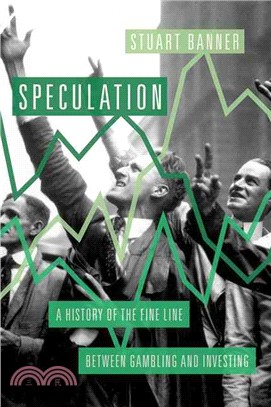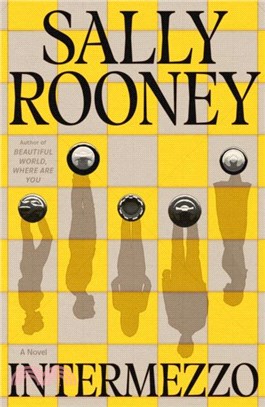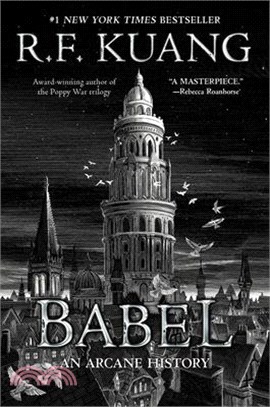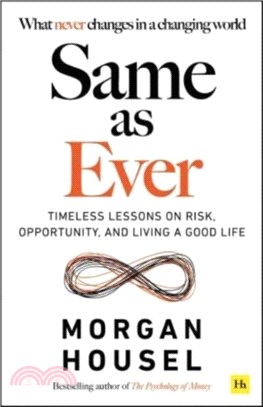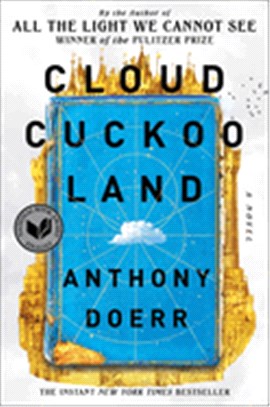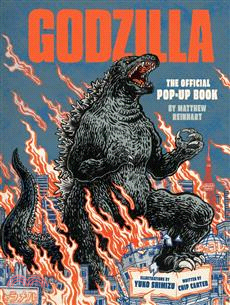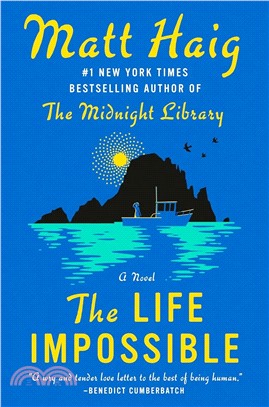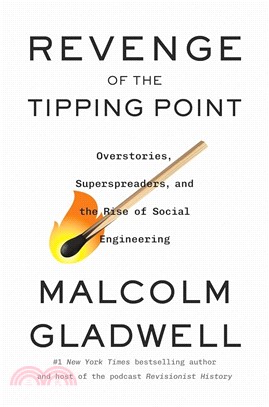Speculation ─ A History of the Fine Line Between Gambling and Investing
商品資訊
ISBN13:9780190623043
出版社:Oxford Univ Pr
作者:Stuart Banner
出版日:2017/01/02
裝訂/頁數:精裝/344頁
規格:24.1cm*16.5cm*3.2cm (高/寬/厚)
定價
:NT$ 1292 元優惠價
:90 折 1163 元
無庫存,下單後進貨(到貨天數約30-45天)
下單可得紅利積點:34 點
商品簡介
作者簡介
相關商品
商品簡介
What is the difference between a gambler and a speculator? Is there a readily identifiable line separating the two? If so, is it possible for us to discourage the former while encouraging the latter? These difficult questions cut across the entirety of American economic history, and the periodic failures by regulators to differentiate between irresponsible gambling and clear-headed investing have often been the proximate causes of catastrophic economic downturns. Most recently, the blurring of speculation and gambling in U.S. real estate markets fueled the 2008 global financial crisis, but it is one in a long line of similar economic disasters going back to the nation's founding.
In Speculation, author Stuart Banner provides a sweeping and story-rich history of how the murky lines separating investment, speculation, and outright gambling have shaped America from the 1790s to the present. Regulators and courts always struggled to draw a line between investment and gambling, and it is no easier now than it was two centuries ago. Advocates for risky investments have long argued that risk-taking is what defines America. Critics counter that unregulated speculation results in bubbles that always draw in the least informed investors-gamblers, essentially. Financial chaos is the result. The debate has been a perennial feature of American history, with the pattern repeating before and after every financial downturn since the 1790s. The Panic of 1837, the speculative boom of the roaring twenties, and the real estate bubble of the early 2000s are all emblematic of the difficulty in differentiating sober from reckless speculation. Even after the recent financial crisis, the debate continues. Some, chastened by the crash, argue that we need to prohibit certain risky transactions, but others respond by citing the benefits of loosely governed markets and the dangers of over-regulation. These episodes have generated deep ambivalence, yet Americans' faith in investment and - by extension - the stock market has always rebounded quickly after even the most savage downturns. Indeed, the speculator on the make is a central figure in the folklore of American capitalism.
Engaging and accessible, Speculation synthesizes a suite of themes that sit at the heart of American history - the ability of courts and regulators to protect ordinary Americans from the ravages of capitalism; the periodic fallibility of the American economy; and - not least - the moral conundrum inherent in valuing those who produce goods over those who speculate, and yet enjoying the fruits of speculation. Banner's history is not only invaluable for understanding the fault lines beneath the American economy today, but American identity itself.
In Speculation, author Stuart Banner provides a sweeping and story-rich history of how the murky lines separating investment, speculation, and outright gambling have shaped America from the 1790s to the present. Regulators and courts always struggled to draw a line between investment and gambling, and it is no easier now than it was two centuries ago. Advocates for risky investments have long argued that risk-taking is what defines America. Critics counter that unregulated speculation results in bubbles that always draw in the least informed investors-gamblers, essentially. Financial chaos is the result. The debate has been a perennial feature of American history, with the pattern repeating before and after every financial downturn since the 1790s. The Panic of 1837, the speculative boom of the roaring twenties, and the real estate bubble of the early 2000s are all emblematic of the difficulty in differentiating sober from reckless speculation. Even after the recent financial crisis, the debate continues. Some, chastened by the crash, argue that we need to prohibit certain risky transactions, but others respond by citing the benefits of loosely governed markets and the dangers of over-regulation. These episodes have generated deep ambivalence, yet Americans' faith in investment and - by extension - the stock market has always rebounded quickly after even the most savage downturns. Indeed, the speculator on the make is a central figure in the folklore of American capitalism.
Engaging and accessible, Speculation synthesizes a suite of themes that sit at the heart of American history - the ability of courts and regulators to protect ordinary Americans from the ravages of capitalism; the periodic fallibility of the American economy; and - not least - the moral conundrum inherent in valuing those who produce goods over those who speculate, and yet enjoying the fruits of speculation. Banner's history is not only invaluable for understanding the fault lines beneath the American economy today, but American identity itself.
作者簡介
Stuart Banner is Professor of Law, UCLA, and author of How the Indians Lost their Land, American Property (Harvard), The Death Penalty, Possessing the Pacific, Who Owns the Sky?, Anglo-American Securities Regulation, and The Baseball Trust.
主題書展
更多
主題書展
更多書展今日66折
您曾經瀏覽過的商品
購物須知
外文書商品之書封,為出版社提供之樣本。實際出貨商品,以出版社所提供之現有版本為主。部份書籍,因出版社供應狀況特殊,匯率將依實際狀況做調整。
無庫存之商品,在您完成訂單程序之後,將以空運的方式為你下單調貨。為了縮短等待的時間,建議您將外文書與其他商品分開下單,以獲得最快的取貨速度,平均調貨時間為1~2個月。
為了保護您的權益,「三民網路書店」提供會員七日商品鑑賞期(收到商品為起始日)。
若要辦理退貨,請在商品鑑賞期內寄回,且商品必須是全新狀態與完整包裝(商品、附件、發票、隨貨贈品等)否則恕不接受退貨。



